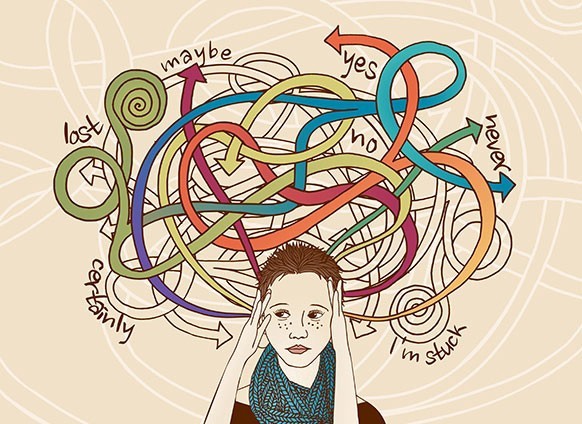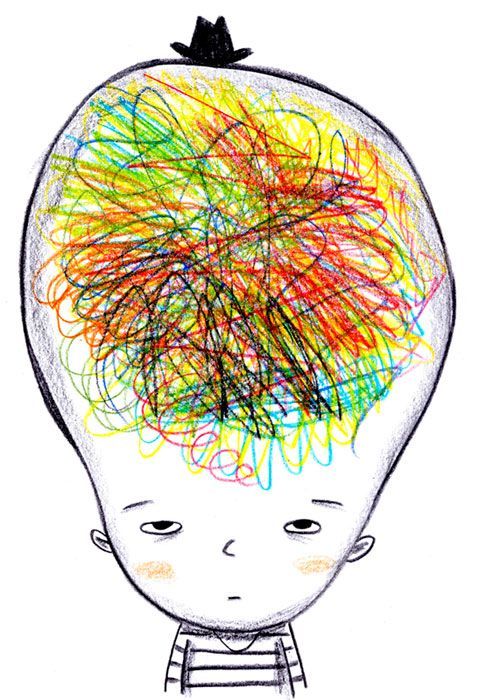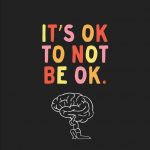One of the biggest problems teens face today is the scars of rejection.
We’ve all been there, haven’t we? Whether it’s from your friends or your parents, the roots of rejection run deep. Most of us have the ability to deal with pain, but what about those who don’t? How do they cross it? Do they know how to manage the pain? Read on if you need ways to cope with your bad days!

Rejection is defined as the act of rejecting or refusing an idea, person, object, etc. Many people have different views on rejection, some take it well, some don’t. Social rejection occurs when an individual is neglected or excluded from a relationship or interaction. This rejection may be due to the interpersonal relationship between two or more parties which also happens to be a negative contributing factor.
Studies have shown that rejection not only hurts our feelings, but also induces loneliness, guilt, jealousy, anxiety, shame, anger, and embarrassment. This can cause a person to develop a rejection sensitivity in which they look for signs that they think will lead to their rejection. They then tend to react in a passive-aggressive way to certain situations.
The cause of sensitivity in adolescents

1. School pressure
Schools are places of many experiences; it can include bullying, neglect, abuse and even worse situations.
2. Peer pressure
Sometimes even friends put on masks to disguise their evil persona. These friends may act like they care, but push the individual to do things they don’t want or even neglect them from their friend groups. On the surface the individual may not understand that they are being rejected, but subconsciously their mind is aware of it and this is how sensitivity develops.
3. Parental pressure
Children go to their parents when they have problems, no matter how small. Some parents may resolve these issues with the highest priority while others may simply ignore them. This can make children feel like they are unimportant and may even continue into adulthood.
4. Self-pressure
Everyone has expectations for themselves, whether good or bad, but what if they don’t meet them? Individuals tend to push themselves further until they meet their expectations. This is also where the angel and the demon on your shoulder come in. One side of you may be okay with what you’re doing, but the other side may cause you to start hating yourself.

Impact on adolescents
When it comes to being rejected, some may not know how to deal with their emotions. Those people who try to deal with these emotions may do so in a way that ends up hurting them more physically and mentally. This can include social isolation, aggressive behavior, constant anxiety, etc.
1. Social anxiety
Social anxiety, also known as social phobia, is a type of disorder that causes individuals to fear social settings. Those affected by social anxiety may find it difficult to talk, meet, or even place themselves in crowded areas.
2. Hostility
The main cause of hostility is trust issues where an individual has negative perceptions of what it means to connect with people. This can cause them to act aggressively when approached and thus cause others to reject them even more.

3. Track to adulthood
If this problem is not solved with the help of a professional, this problem can carry over into the teen’s adult life. This makes it harder for them when they enter the world of work where they are required to make connections. Also, when they have children, they can take their anger out on them, which leads to an increase in cases of child abuse and the child ends up going through the same cycle.
4. Substance/alcohol abuse
Substances and alcohol are known to keep people company, especially in times of stress. People sensitive to rejection tend to have fewer people around them. This can cause them to turn to drugs or alcohol to compensate for the feeling of emptiness that leads to constant abuse of these things.
5. Other mental health issues
When emotions go unchecked, they tend to cause an individual to lose a sense of themselves. This can lead to issues such as borderline personality disorder, body dysmorphic disorder, other forms of anxiety.

Ways to cope
If you are affected by rejection, you should know that you are not alone. Everyone is rejected at some point in their life, but some just don’t understand what you’re going through. In the end, everyone is different.
1. Surround yourself with supportive people
Negative people tend to give you negative thoughts. Surrounding yourself with supportive people guarantees positivity when you find yourself in bad times. Instead of rejecting you and eliminating your problems, these people will stay by your side and support you rather than these negative people.
2. Try to analyze situations before acting
Those who are rejected sometimes tend to act recklessly. This can cause a sudden surge of emotions that they may not know how to deal with. Before acting on these situations, take the time to breathe and analyze your situation. Then try to plan your next reaction before you act. It allows you to take control of your actions and prevent your emotions from controlling you.

3. Do not stop yourself from feeling your emotions
Some people compartmentalize their emotions when tremendous pressure is put on them. Compartmentalization has long term effects such as the inability to take control of your thoughts and emotions. When you lock all your emotions in a box, they are bound to burst one day. All boxes have their limits and so does your sanity. It’s normal to cry and need to express your feelings, and that doesn’t make you weak, but rather human.
4. Take time to breathe
Most people don’t understand the importance of taking a few seconds out of their day to breathe. When you are aware of your breath, it gives you a sense of control that gives you confidence and keeps you energized. It’s a good way for your mind to stay in control, not your emotions.
5. Try talking to someone you trust or go to therapy
Talking to someone can help you relax. Some don’t have the right people to talk to, mostly because those people don’t understand your situation, but that’s okay. Not everyone understands you better than yourself. In this case, try to find someone your own age or someone who is in a similar situation to you. It’s important to find the right person to cry over because that person is going to make a big difference in your mental health. If you can’t find a friend or family member, ask your teachers or your advisor; If possible, try to ask your parents to find you a therapist as they are professionally inclined to help you.

6. Write down your thoughts and feelings to avoid clutter.
Sometimes you can’t find someone to talk to, but if you have a pen and paper, that’s enough. Writing down your feelings and thoughts helps you keep track of your mental progress. When you write, you don’t need to hold back what you want to say rather than having a real person to talk to. When you’re talking to someone, you tend to hold back to avoid conflict or having them look at you sideways. but a book? He never questions you or holds you back so that you can leave as much as you want.
There are times when teenagers need to understand that they can’t impress everyone. Somehow along the way someone is bound to have different opinions about you but at the same time there are always people who love and support you even if you don’t see them. At the end of the day, remember that it’s okay not to be well.






